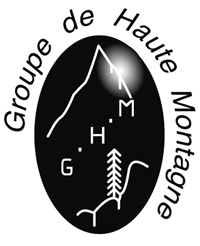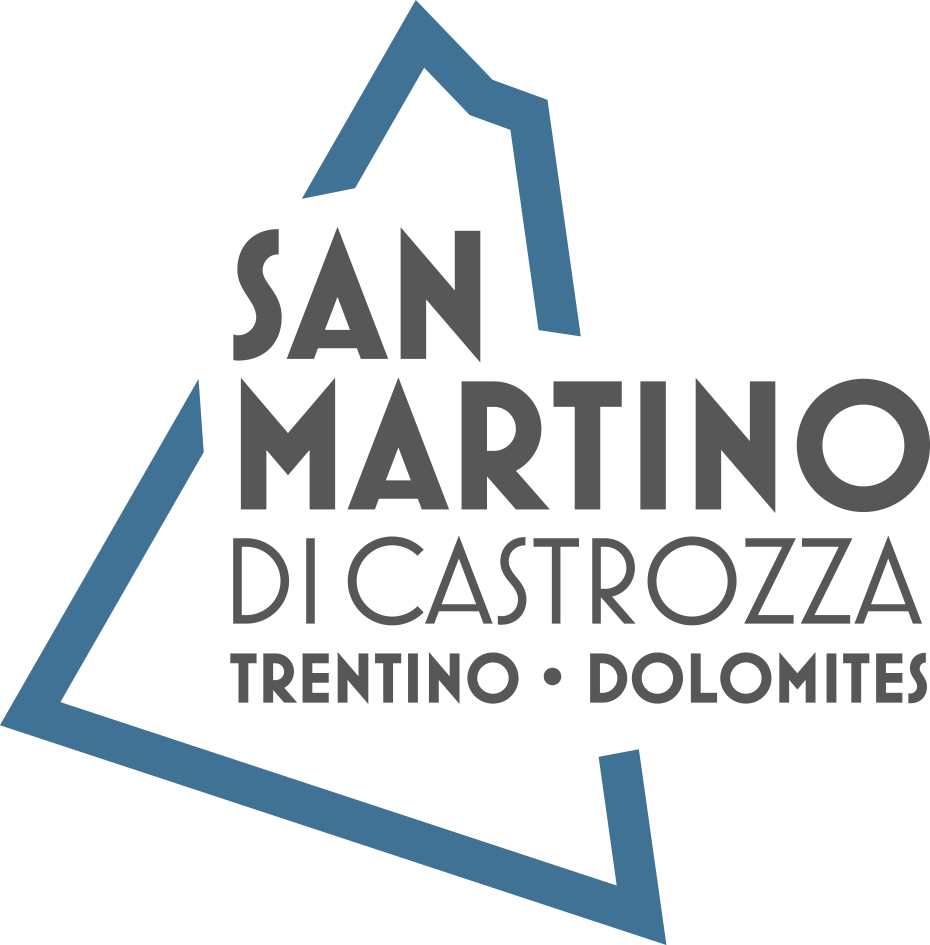The Piolets d'Or draw their inspiration from mountaineering's rich history and its evolution. Their purpose is not in essence to recognise the most significant ascents of the previous year, but to use these ascents to promote clear ethical messages regarding our practices as alpinists around the world, in line with the UNESCO classification of Alpinism as an intangible cultural heritage.
The awards aim to celebrate commitment, the taste for adventure, and the sense of exploration that lie behind the art of climbing in the world's great mountain ranges. They award individual or collective achievement.
In modern mountaineering, style of ascent takes precedence over attaining the objective at all costs. It is no longer a matter of employing huge financial and technical resources, such as bottled oxygen, fixed ropes, high-altitude porters, wide-spread drilling, helicopter support, so-called 'performance-enhancing' substances, and large numbers of people, in order to reach the top.
The Piolets d'Or throw the spotlight on progressive alpinism: imaginative and innovative new routes, doing more with less, and building on experience.
Criteria for evaluating ascents
- The jury judges ascents irrespective of a climber's nationality and will consider the following:
- The style of ascent.
- The level of commitment and self-sufficiency.
- The spirit of exploration
- The level of technical ability required to complete the ascent.
- The suitability of the route in light of objective dangers.
With each ascent the jury will also look for:
- Efficient and sparing use of resources.
- Transparency regarding the use of these resources.
- Respect for the environment.
- Respect for climbing partners, members of other teams, porters, the local population, and in-country agents.
- Respect for future generations of mountaineers by leaving them the possibility of enjoying the same kind of experiences and adventures.



